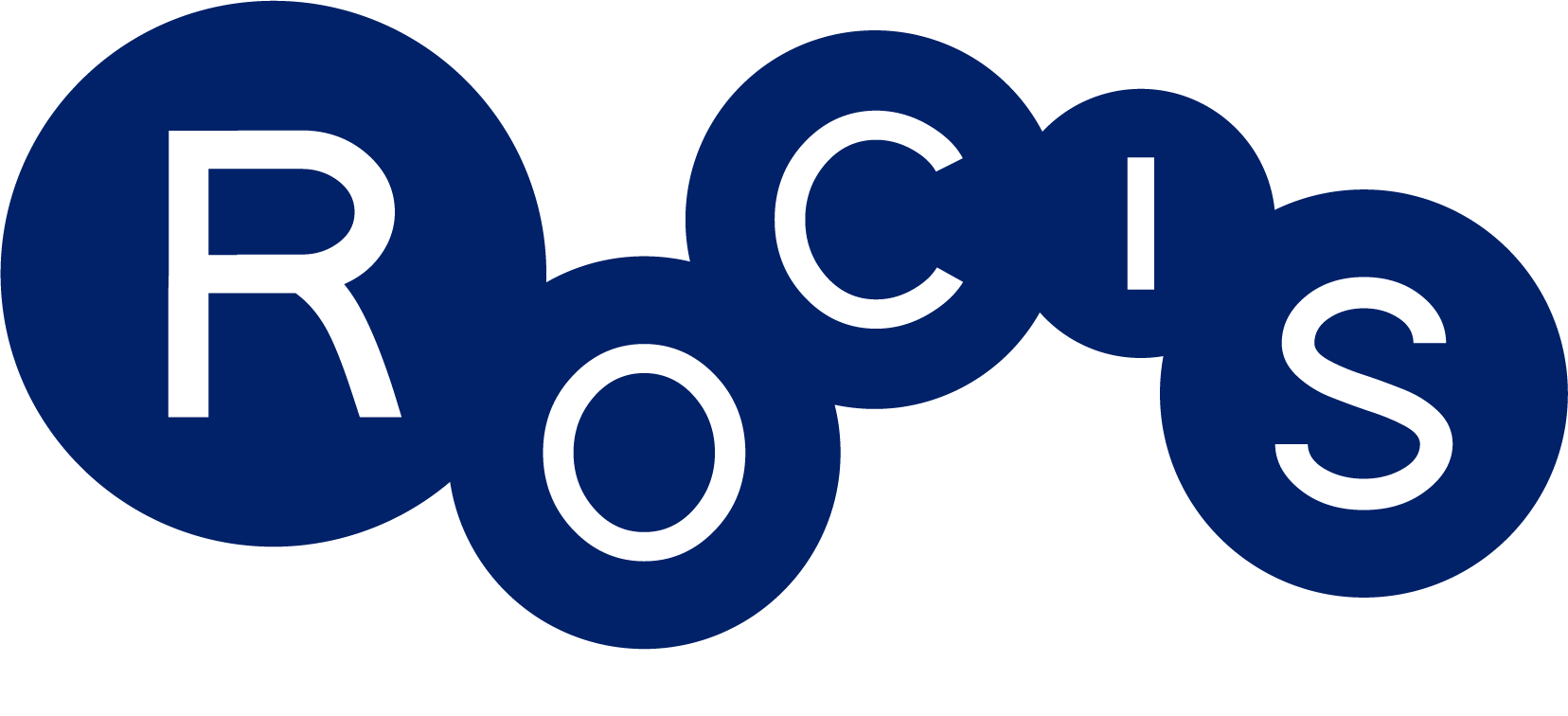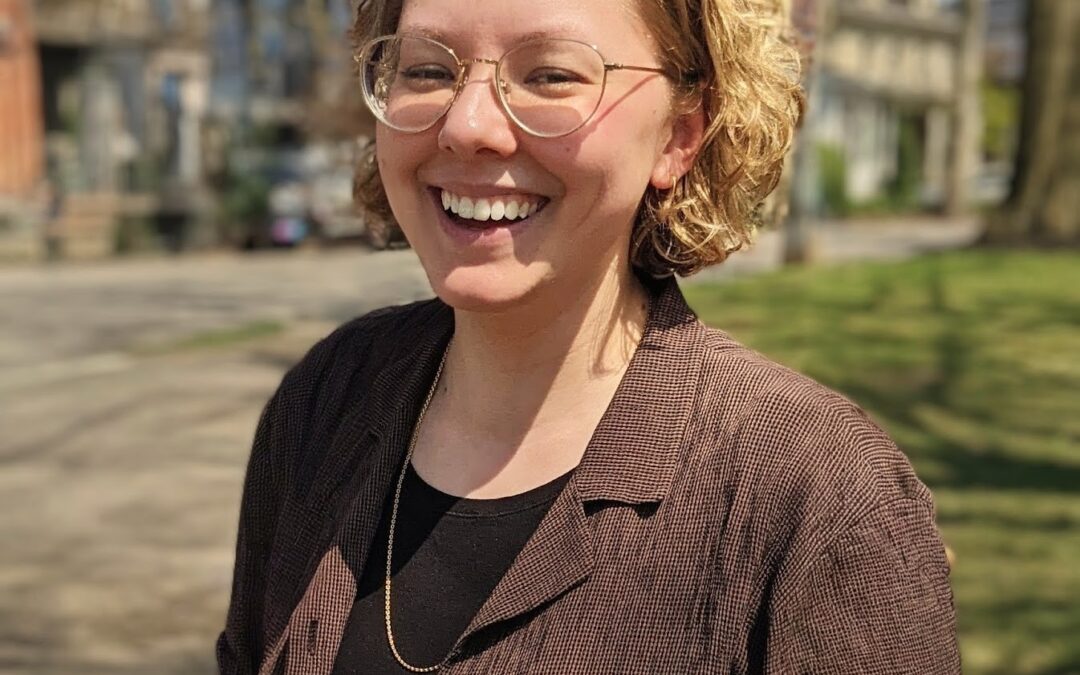We are overjoyed to introduce Elly Helgen as the newest member of the ROCIS team! Elly joined ROCIS as the SWPA Project Coordinator this summer.
We asked Elly a few questions about what brought her here and her connection to air quality. Take a moment to get to know Elly and the work that she’ll be doing with ROCIS.
ROCIS: Tell us a little bit about yourself.
Elly Helgen: Though I’m originally from Central Illinois, I’ve called Western PA my home since 2010. I came to Pittsburgh to attend the Master of Sustainability program at Chatham University almost a decade ago (has it really been that long?!), and yinz haven’t kicked me out yet. I’m pretty boring: I like to walk the dog, snuggle with the kitties, play video games with the kids, and daydream about our lavender farm with my partner.
R: Why does air quality matter to you?
EH: I honestly never thought about it much before moving to Pittsburgh. Now, of course, I’m keenly aware of how awful the air quality in this region can be. The obvious answer is that I care about air quality because I breathe. Duh, right? But, moreover, as someone who has spent a lot of time studying and working in agriculture, I can’t help but think of how the soil and the air meet to provide us with life.
R: What drew you to working with ROCIS?
EH: I’ve spent all of my time in Pittsburgh within the “environmental world” but have never worked specifically in air quality. This felt like the natural next step in my career and life, particularly because I live in Pittsburgh. Coming out of the sustainability program at Chatham, I’m especially interested in how everything intersects—food, air, people…everything. I’d like to have a better understanding of all of these pieces, and ROCIS offered me a window into this new [to me] world. It’s clear how important this field of work is in this region, and I wanted to play a role in it. Accessibility is really my number one priority when it comes to resources, and I feel that ROCIS’s Low Cost Monitoring Project is such a valuable piece of the puzzle.
R: You just participated in a Low Cost Monitoring Project cohort (Cohort 60), which means that you have been monitoring the air in your home and trying out different air quality solutions. What did you learn through this process?
EH: This experience humbled me, truly. I found that I felt so ignorant most of the time, which honestly is great because it means I was learning! I’ve been fortunate enough to never be severely afraid of breathing the air around me. Being a part of this last cohort made me step back and think about so many different facets I hadn’t considered for myself. For example—and this is so basic that it’s shocking I never put it together!—it’s such a catch-22 when the air outside isn’t great, but your CO2 levels inside are high. You want to ventilate your space by opening the windows, but then you let the poor outdoor air in, and it just goes on and on in a constant circle of frustration. I mean, how do you decide what to prioritize?!
Hear the stories of other LCMP participants!
Check out:
Katy’s success with air quality interventions (Cohort 53)
Read the blog post
The Clean Air Chronicles:
Stories from five different LCMP families
Watch the videos
R: Have you changed anything in your home since participating in the LCMP?
EH: For me, I’ve ultimately decided that the default is open windows. Unless the outdoor air is particularly bad, I’m willing to prioritize mitigating my high indoor CO2 levels—something I didn’t know I had prior to this cohort! Especially given my proclivity for migraines, I’m very interested in continuing to monitor my home’s CO2 and figure out, not only how it affects me, but also how I can keep it a bit lower.
R: What would you say to people who are considering joining a cohort?
You get out of it what you put in. The reality is that there is always going to be more you can do, so it’s just a matter of how much you’re willing to work. If you are serious about taking some control over your environment, then the LCMP can offer you so many resources. Even if you’re just coming at this from a point of curiosity, it’s still a great opportunity to learn, but it takes a certain level of dedication to get seriously engrossed in this stuff.
Thank you, Elly! We’re excited to have you on the team!
Read Elly’s bio on our Meet the Team page

